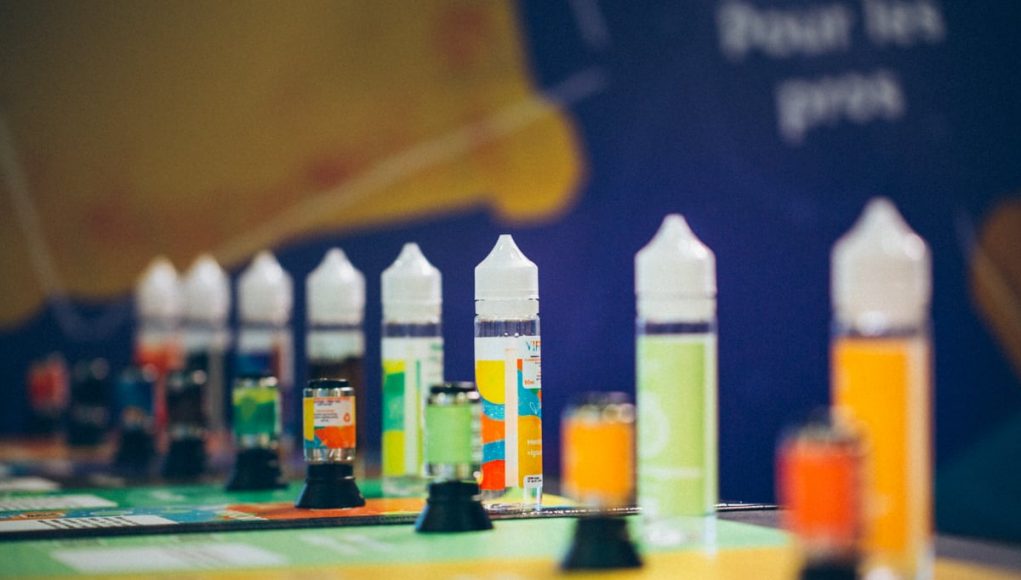Dimitris Agrafiotis, who runs consultancy firm International Vapor Solutions, told Filter that three e-liquid companies companies he represents, were sent such marketing denial orders (MDOs) by the agency. While earlier in August the FDA announced that it would not even review the 4.5 million applications from the same company, JD Nova, as that they did not include an adequate Environmental Assessment.
Is the FDA biased?
A recent blog on Competitive Enterprise Institute’s website highlighted that the amount of applications the FDA is receiving is way over the 25 applications a year the FDA initially expected. “Perhaps that explains why the FDA now seems intent on coming up with excuses to issue sweeping denials and whittle that number down to a size it can handle,” reads the blog.
However added the blog, these rejections came as a shock to say the least, as over the last six years, the FDA has approved new tobacco products from three companies, for which it was happy to accept more general evidence about the product category’s appeal to adults and youth, as well as their general risks to public health. These approvals included eight varieties of Swedish Match North America’s snus, the heated tobacco product, IQOS, made by Philip Morris, and combustible cigarettes with reduced nicotine made by 22nd Century Group.
“All of this came as a surprise to the vapor industry, which, after years of requests for clearer guidance from the FDA, was never told that the agency was uninterested in more general evidence about the safety of e-cigarette ingredients, products, or their efficacy in reducing risk to adult smokers. One reason they couldn’t have known this is because it isn’t the standard to which the FDA has held other tobacco products that have successfully completed its preapproval process,” says the blog about the rejections.
About 85% of open system hardware brands may soon be removed from the market
Meanwhile, a recent release by ECigIntelligence who analysed data from over 6 million submissions received by the FDA, highlighted that this analysis shows that there were many hundreds more applications for the simpler disposable and cigalike devices than for open system hardware. These type of products tend to come from large companies such as tobacco manufacturers, while open systems are produced by smaller specialist businesses.
Of some 200 open system brands available today, only about 30 have filed PMTA applications to the FDA. Even if all these are approved, that disparity implies that about 85% of open system hardware brands will soon be removed from the market. “This may indicate the discouragement non-tobacco companies face when applying for PMTA approval,” said ECigIntelligence managing director Tim Phillips.








